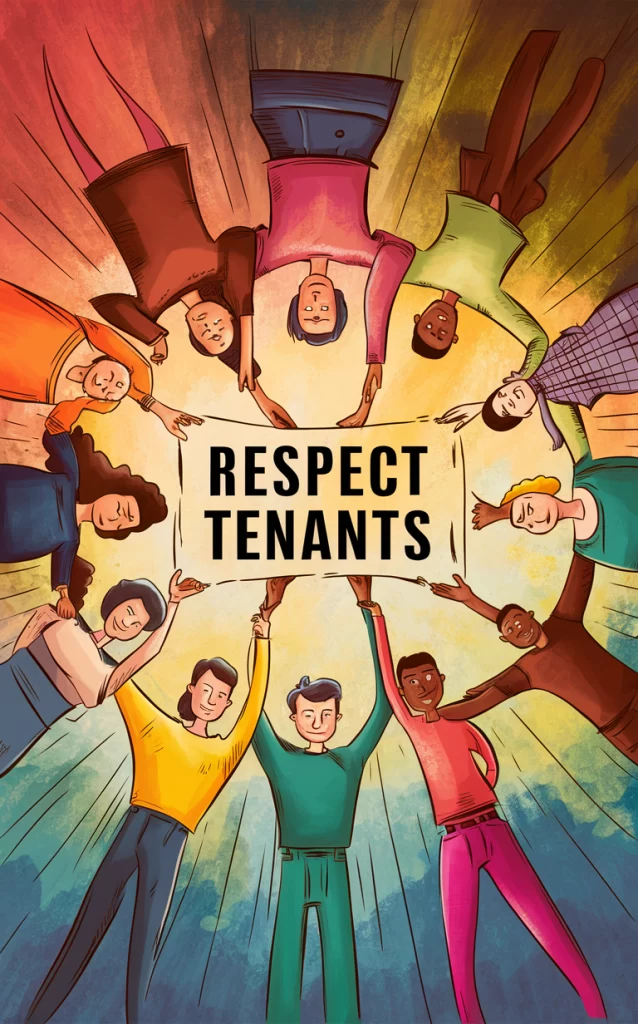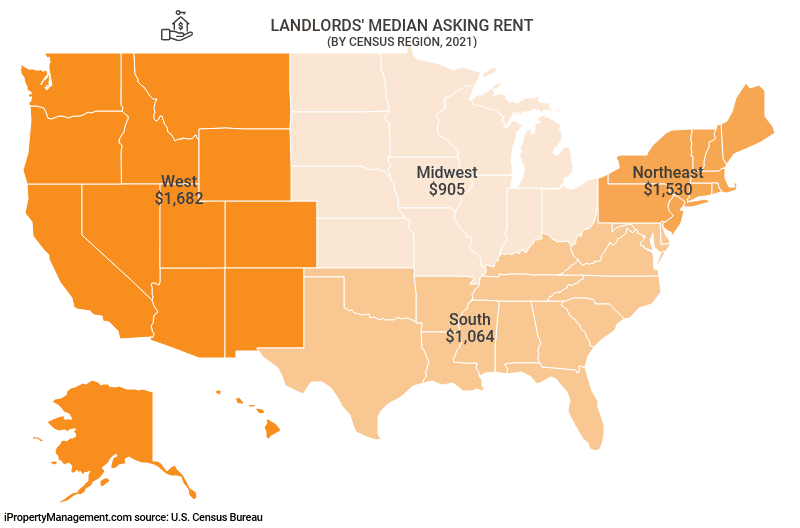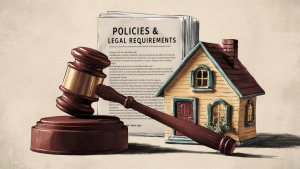
Airbnb Guest: A Host’s Guide to a Memorable Start
Facebook Twitter LinkedIn Reddit Email WhatsApp Welcome Your First Guest on Airbnb: A Host’s Guide to a Memorable Start Welcoming your first guest on Airbnb
Being a landlord can be a rewarding venture, both financially and personally. However, it also comes with responsibilities that require diligence, empathy, and a proactive approach. In this blog, we’ll explore key strategies on how to be a good landlord, ensuring your rental properties are well-managed and your tenants are satisfied.
Understanding and complying with local, state, and federal landlord – tenant laws is crucial. These laws govern everything from lease agreements to security deposits and eviction procedures. Staying informed will help you avoid legal issues and maintain a positive relationship with your tenants.
A well-drafted lease agreement is the foundation of a successful landlord-tenant relationship. Ensure your lease is clear, comprehensive, and compliant with local laws. Include terms related to rent payment, maintenance responsibilities, and rules for property use.
Promptly respond to tenant inquiries and concerns. Whether it’s a maintenance issue or a question about the lease, timely communication shows that you respect your tenants and are committed to their comfort and safety.
Clearly communicate your expectations regarding rent payment, property maintenance, and other responsibilities. Make sure these expectations are outlined in the lease agreement and discussed during the move-in process.

Schedule inspections twice a year to identify and address maintenance issues early. Always notify tenants before entering.
Address maintenance issues promptly to keep the property in good condition and show tenants you care about their living environment.
Notify tenants before entering for inspections, repairs, or showings, typically 24 to 48 hours in advance.
Avoid frequent or unnecessary visits to foster a positive relationship and build trust.
Enforce rules and policies consistently, including rent collection and property rules, to prevent misunderstandings and favoritism.
Address issues calmly and professionally, focusing on solutions.


Promote open communication with tenants, creating a welcoming environment for sharing concerns and suggestions.
Invest in amenities and upgrades like security features, modern appliances, and community spaces to enhance the living experience.
Maintain accurate financial records, including rent payments and expenses, to manage finances effectively and prepare for taxes. Please review our buy & hold loans for better PITI savings.
Allocate a portion of rental income for maintenance and repairs to keep the property in good condition and attract quality tenants.
“Real estate is the best investment for small savings. More money is made from the rise in real estate values than from all other causes combined.”
– William Jennings Bryan Tweet
Being a good landlord involves more than just collecting rent. It requires a commitment to legal compliance, effective communication, property maintenance, and tenant satisfaction. By following these tips, you can build a successful rental property business and enjoy the rewards of being a respected and trusted landlord.

Facebook Twitter LinkedIn Reddit Email WhatsApp Welcome Your First Guest on Airbnb: A Host’s Guide to a Memorable Start Welcoming your first guest on Airbnb

Facebook Twitter LinkedIn Reddit Email WhatsApp Mastering Airbnb Policies and Legal Requirements: A Guide for Hosts If you’re considering hosting on Airbnb, understanding the platform’s

Facebook Twitter LinkedIn Reddit Email WhatsApp The Anatomy of a Perfect Airbnb Listing Creating an irresistible Airbnb listing is both an art and a science.